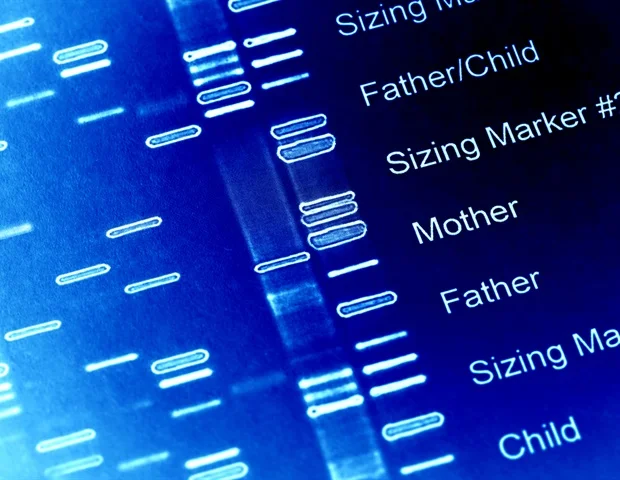The international hunt to find more genetic risk markers for testicular cancer is expanding. A team of researchers led by Katherine L. Nathanson, MD, deputy director of the Abramson Cancer Center and the Pearl Basser Professor for BRCA-Related Research in the Perelman School of Medicine at the University of Pennsylvania, was recently awarded $5.4 million over five years from the National Institutes of Health to continue the long-standing genomics work of the TEsticular CAncer Consortium (TECAC).
A total of nearly $7 million has been awarded to TECAC, which includes researchers from 27 institutions around the world, whose collaborative goal is understand the genetic susceptibility to testicular germ cell tumors (TGCT).
TGCT are the most common cancer in the United States and Europe in men between the ages of 15 to 45, and the number of cases has continued to rise over the past 40 years. Approximately 50 percent of the risk of disease is due to genetic factors, higher than for other cancer types.
To date, TECAC has identified 22 novel susceptibility alleles, bringing the total number of risk markers to 66. Nathanson led a study in 2017 published in Nature Genetics that identified eight of those markers in previously unknown gene regions, as well as four in previously identified regions.
Members of TECAC also were the first to identify CHEK2, a moderate penetrance gene for TGCT. Penetrance refers to the proportion of people with a mutation in specific gene. Unlike other solid tumor types (e.g. breast, ovarian), the inherited risk of TGCT is likely due to multiple variants rather than any single gene.
Our work has revealed critical roles for genetic variants and mutations in testicular germ cell tumors and defined the biology of TGCTs as associated with defects in maturation of male germ cells, but there’s still much more to discover with this highly heritable disease. This grant will allow us to continue to pool our resources and expertise to better understand its biology and etiology, as well as provide data that can help identify men at higher risk of the disease and in need of surveillance.”
Katherine L. Nathanson, MD, Deputy Director, Abramson Cancer Center and the Pearl Basser Professor for BRCA-Related Research, Perelman School of Medicine, University of Pennsylvania
The latest round of funding will focus on three projects: identify rare and common variants using whole exome genetic sequencing from biosamples of more than 2,000 men; conduct a transcriptome-wide association study, or TWAS, to identify novel candidate susceptibility genes in nearly 250,000 men (the largest to date); and further evaluate any variants or gene discovered from those two projects using tools, such as CRISPR, in cells.
